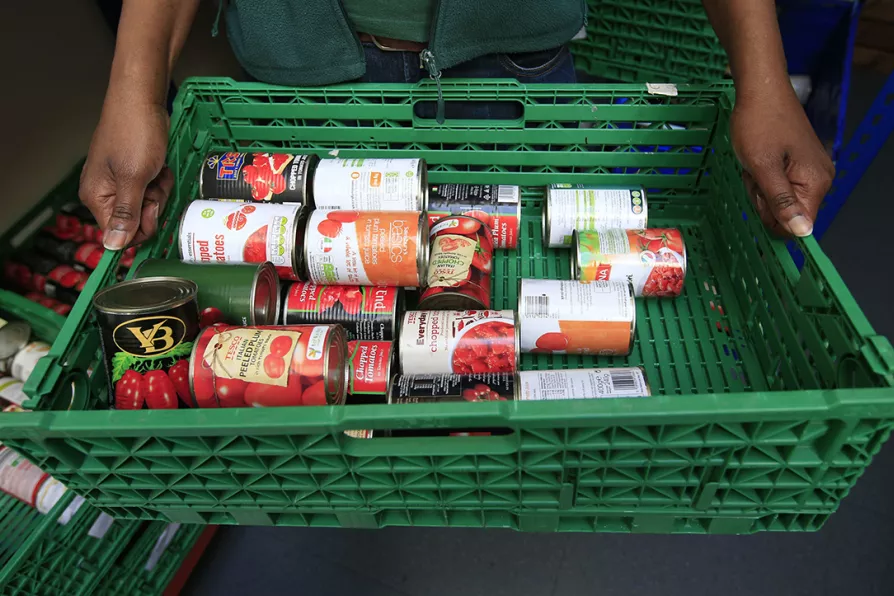FOODBANKS have given out a record 1.5 million emergency parcels in a six-month period, including for tens of thousands of first-time users, in statistics described as extremely alarming.
The Trussell Trust says 65 per cent of all the parcels dispatched between April and September via its national network were for families with children.
The situation means a “generation is growing up believing that it’s normal to see a foodbank in every community,” according to the charity chief Emma Revie.


 Latest editorial
Latest editorial













